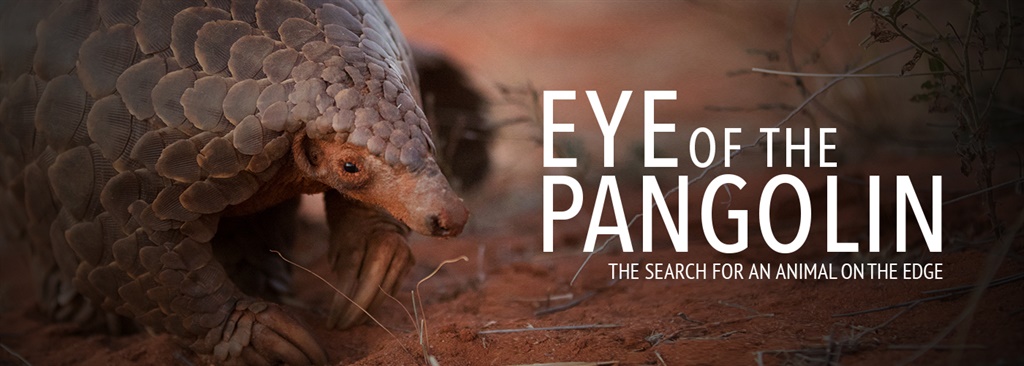
As of last week, 38.2 tons of pangolin scales have left Africa this year. One pangolin is poached from the wild every five minutes, and it’s likely that the African pangolin will be extinct in two decades.
These are the startling facts revealed at a media screening this week of a new documentary titled Eye of the Pangolin. Shot by award-winning South African filmmakers Bruce Young (Blood Lions) and Johan Vermeulen (Kalahari Tails), the aim is to make this film the most watched wildlife documentary in history. You can watch it below:
The pangolin’s decimation is caused by a loss of habitat, the bush meat trade in central and West Africa and, most pressingly, a demand from Vietnam and China for pangolin meat and scales. The meat is considered a delicacy and the scales – ground into a powder – are believed to treat a variety of health conditions.
This belief has made the pangolin – that elusive scaly creature known as an ietermagog in Afrikaans – the most trafficked wild species on earth.
Chinese and Vietnamese traders offer local communities in places like South Africa, Zimbabwe, Ghana, Central African Republic and Gabon money in exchange for pangolins, dead or alive.
Although the creatures are fairly elusive, those in the know are able to catch them fairly easily, and also use trained dogs to sniff them out.
“With monetary value attached to them now, suddenly you’ve got hundreds if not thousands of guys poaching them,” said Vermeulen.
Although it’s true that poor people sometimes turn to poaching to survive, the idea that economic hardship forces people to poach is not the entire story. Lisa Hywood, the founder of Tikki Hywood Foundation in Zimbabwe, says that many poachers are headmasters, lawyers and other employed people.
“Just like rhino and ivory, pangolin poaching fits into that bracket. The people who are after these pangolin are no different to the people who are after rhino horn.”
The easiest way to stop the poaching is to stop the consumption of pangolin meat and medicine in Asia. But Asian governments have been resistant to changing legislation.
“In 2017, the Asian countries at the Convention on International Trade in Endangered Species of Wild Fauna and Flora sought to uplist their species to a more endangered status so that it would look like they were doing the right thing, but they did not want us to uplist our African species,” says Hywood.
“In China, they enforced a law within 24 hours ahead of the Beijing Olympics – which was to ban chewing gum. So if governments want to make a difference, they can, and they can do it overnight.”
So how do we put pressure on these governments? One way is to share the Eye of the Pangolin video as much as possible. It is available at pangolin.africa and can be shared across social media.
Says Young: “It is freely available as an open source film, accessible for viewing around the world via online platforms, through educational establishments, at wildlife and conservation film festivals and by way of an intensive screening campaign at educational establishments across Africa and worldwide.”
Like with rhino poaching, people have to become aware of the problem before there will be any action. Sharing the video is one way to do that.
- To find out more, go to pangolin.africa




 Publications
Publications
 Partners
Partners








